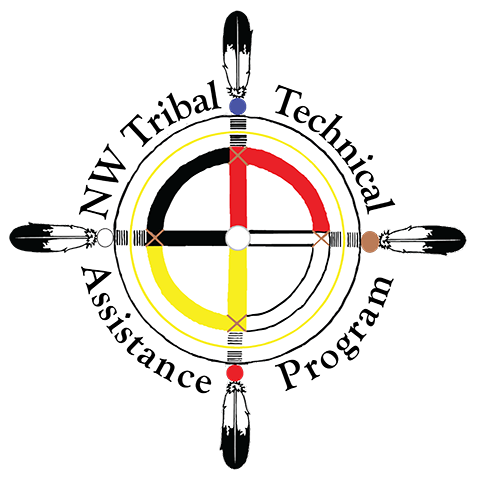UW CEE hosts several centers, funded by industry and government, that headquarter research on specific themes and act as hubs connecting faculty and students with resources to support research, education and outreach activities. The department also has faculty involved in various research initiatives across campus.

Computing for the Environment Initiative (CS4Env)
To support novel collaborations across the broad fields of environmental sciences and computer science & engineering, CS4Env is a partnership between The Allen School, the College of the Environment, the Department of Civil & Environmental Engineering and the eScience Institute. The initiative engages environmental scientists and engineers, computer scientists and engineers, and data scientists in using advanced technologies, methodologies and computing resources to accelerate research that addresses pressing societal challenges related to climate change, pollution, biodiversity and more.

Freshwater Initiative
The Freshwater Initiative promotes innovative research in the water science and engineering communities to address complex freshwater issues both locally and around the globe.

Natural Hazards Reconnaissance Experimental Facility
To develop more resilient communities, the Natural Hazards Reconnaissance Experimental Facility, funded by an NSF NHERI grant, enables the collection, assessment and archiving of high-quality data in the aftermath of disasters. The facility, which became operational in fall 2018, houses state-of-the art equipment to support the collection of perishable data in the aftermath of earthquakes and wind hazards.

Northwestern Tribal Technical Assistance Program (NW TTAP) Center
The Northwestern Tribal Technical Assistance Program (NW TTAP) Center launched in November 2022 in collaboration with Eastern Washington University (EWU). One of seven national centers supported by the Federal Highway Administration’s National Tribal Technical Assistance Program, NW TTAP serves as a go-to local resource for Tribal transportation training, technical assistance and technology transfer needs. The NW TTAP center supports 45 Native American and Alaskan Native Tribes within the Northwestern Bureau of Indian Affairs Region 6.

Supply Chain Transportation and Logistics (SCTL) Center
The first center of its kind in the Pacific Northwest, the SCTL is a world leader in supply chain, transportation and logistics research and education. Serving industry, transportation infrastructure agencies and policy makers, the SCTL is home to the Urban Freight Lab, where research is conducted on urban goods delivery.

Pacific Northwest Transportation Consortium (PacTrans)
PacTrans is a Regional University Transportation Center administered by the United States Department of Transportation through its Research and Innovative Technology Administration. PacTrans performs transportation research and education in the Pacific Northwest including Alaska, Idaho, Oregon and Washington.

Washington State Transportation Center (TRAC)
TRAC is a cooperative, interdisciplinary transportation research agency that operates in partnership with the UW, WSU and WSDOT. TRAC acts as a link among government agencies, university researchers and the private sector, working to coordinate transportation research efforts both locally and nationally.
Affiliated Centers
UW CEE faculty are involved in a number of centers that are located at other campuses and institutions.

Center for Air, Climate and Energy Solutions
To address the nation’s pressing need for better air quality, researchers have three primary objectives: better combined management of air pollution and climate change, the development of strategies for managing multiple air pollutants, and tailoring regulatory efforts to regions of the United States based on local context.

Center for Urban Waters - Tacoma
The Center for Urban Waters brings together environmental scientists, analysts, engineers and policymakers who are developing creative and sustainable solutions to restore and protect Puget Sound. The founding partners – the City of Tacoma, the University of Washington Tacoma and the Puget Sound Partnership – are committed to utilizing the best-available science to inform policy development.